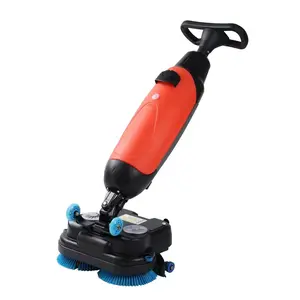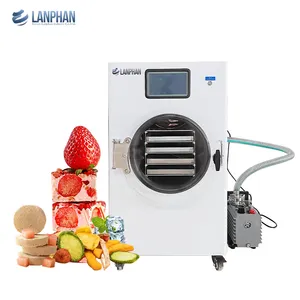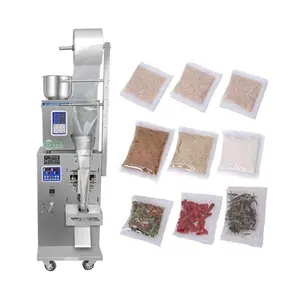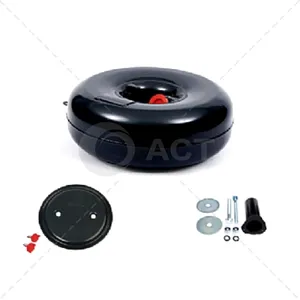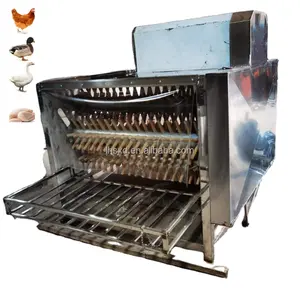Popular in your industry





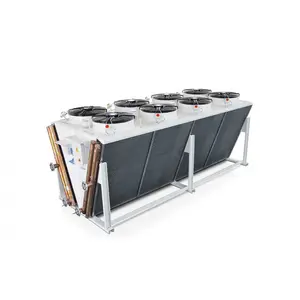
























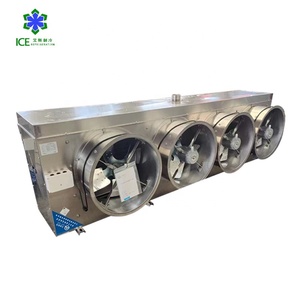


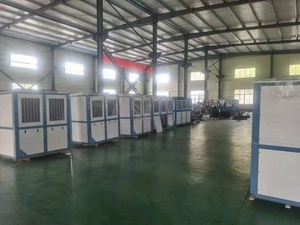














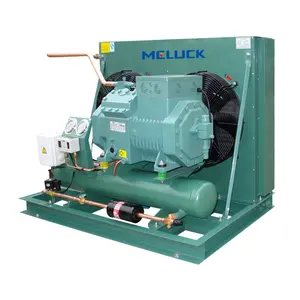
































































































































































Top categories
About copeland water-cooled condensing unit
Understanding Copeland Water-Cooled Condensing Units
The Copeland water-cooled condensing unit is a pivotal component in refrigeration and air conditioning systems, designed for efficiency and reliability. These units are integral in the process of heat exchange and are commonly utilized in various commercial settings. The technology behind these units has been refined to cater to a broad spectrum of cooling requirements.
Types and Applications
There are multiple types of condensing units, each serving distinct applications. The water-cooled condensers by Copeland are primarily used in environments such as food preservation, climate control in commercial buildings, and industrial machinery cooling. Their versatility makes them suitable for food shops, machinery repair shops, and even domestic settings where robust cooling solutions are necessary.
Features and Materials
A Copeland condensing unit is characterized by its durable construction and the use of high-grade materials that ensure longevity and consistent performance. These units are engineered to operate efficiently, with features that may include advanced heat exchange coils and environmentally friendly refrigerants. The materials used are typically corrosion-resistant metals that can withstand rigorous use.
Advantages of Water-Cooled Systems
Water-cooled systems, such as the Copeland refrigeration unit, offer several advantages over their air-cooled counterparts. They are generally more efficient in heat dissipation, particularly in warmer climates or in situations where space constraints limit the effectiveness of air-cooled systems. Additionally, these units tend to operate at a lower noise level, which is beneficial in settings where noise reduction is important.
Selection Considerations
When selecting a water-cooled condenser, it is crucial to consider the specific cooling needs of your application. Factors such as the size of the space to be cooled, ambient temperature conditions, and the thermal load all play a role in determining the most suitable unit. It is also important to consider the support options available, such as technical support and the availability of engineers for servicing needs.
Environmental Impact and Efficiency
The modern water-cooled condensing unit is designed with a focus on energy efficiency and minimizing environmental impact. These units often comply with current environmental regulations and are designed to reduce water usage while maintaining optimal cooling performance. The efficiency of these units not only contributes to lower operational costs but also aligns with sustainability goals.
